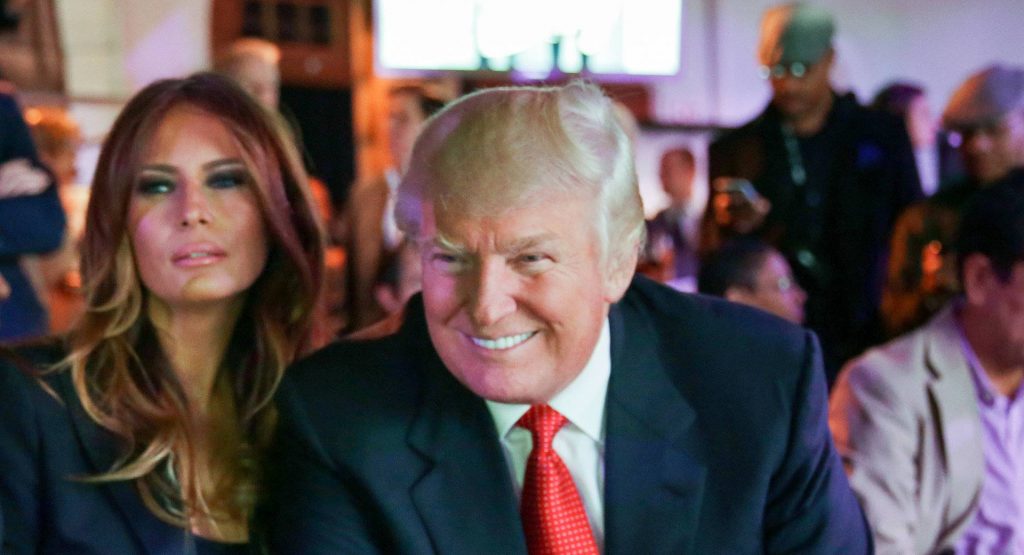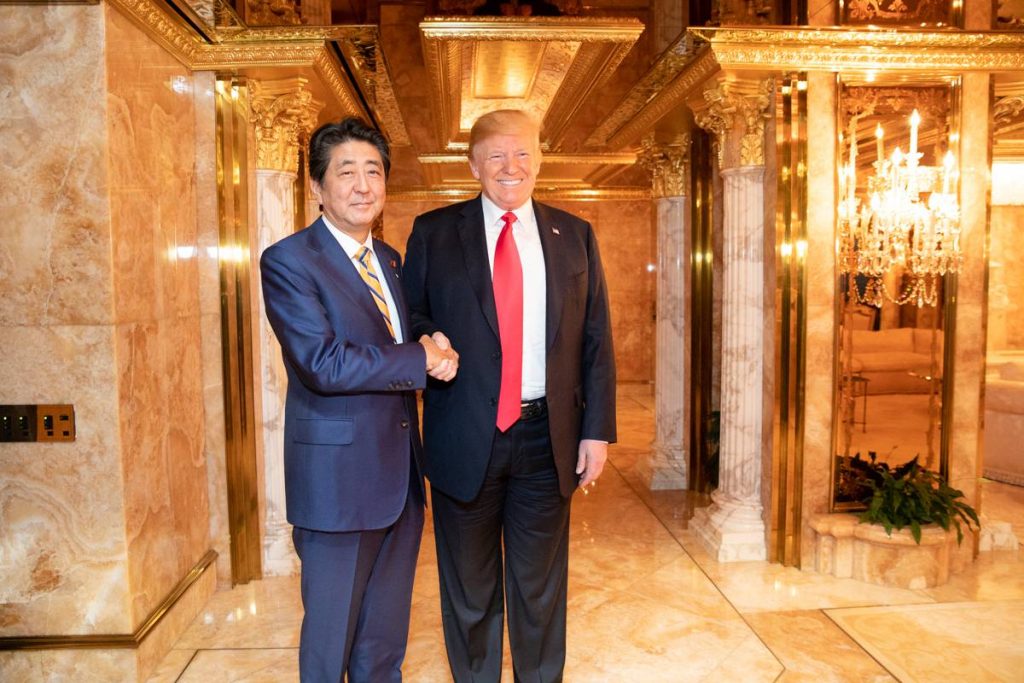President Donald Trump wants U.S. carmakers to sell more vehicles in Japan, but there’s not much he can do to improve the current situation.
Bloomberg reports that only 0.3 percent of the 3.2 million cars sold this year in the Asian country were made by American companies, even though Japan doesn’t impose tariffs on auto imports.
In comparison, Japanese brands are doing much better in the United States, where they hold a 40-percent market share despite America’s import tariffs of 2.5 percent on cars and 25 percent on trucks.
There’s obviously a big trade imbalance between the U.S. and Japan when it comes to automobiles, but the problem can’t be solved through tariffs. The hard truth is Japanese buyers simply don’t want American cars.
Consumers there see U.S. vehicles as too big and inefficient in a market dominated by city cars and other frugal models built locally. Imported cars make up only about seven percent of Japan’s overall passenger car sales, and German manufacturers get the lion’s share — the biggest five importers are from the European country.
For example, Mercedes-Benz and BMW together sold more than 70,000 vehicles in Japan in the first eight months of this year. Jeep, the best-selling U.S. brand in the Asian country, sold just 7,000 units during the same period. However, that was more than all other American marques combined.
That’s a reality President Donald Trump appears to ignore (willingly or not) as he strives for better access to Japan for U.S. cars. On Wednesday, he announced an agreement with Japanese Prime Minister Shinzo Abe to start trade negotiations between the two countries. Previously, he threatened to slap a 25 percent tariff on Japanese car imports in a bid to encourage carmakers to build more vehicles in America instead of shipping them from Japan.








